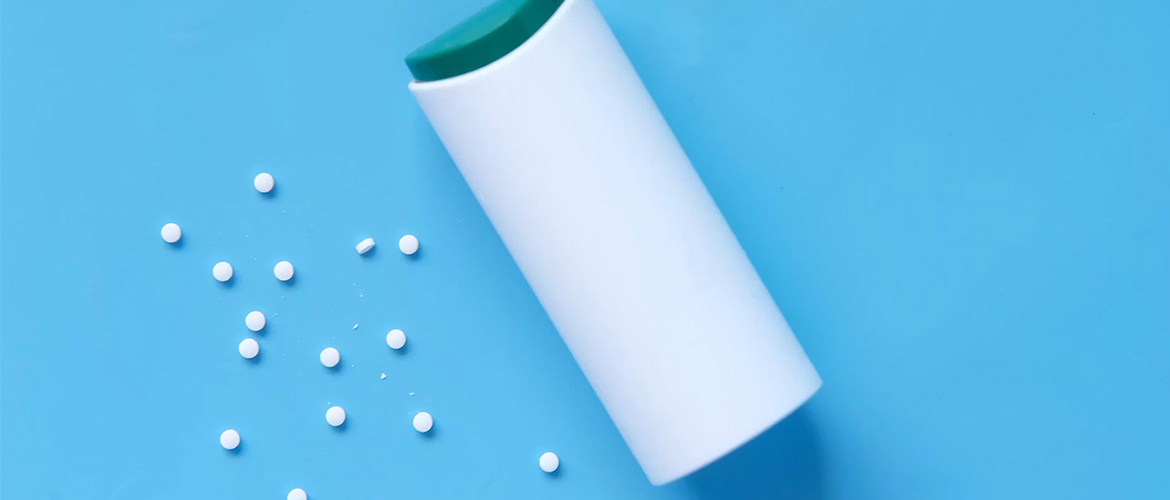Understanding Artificial Sweeteners and Their Risks
Artificial sweeteners have gained immense popularity as sugar substitutes, heralded for their ability to provide sweetness without the calories that come from traditional sugars. However, recent studies are raising alarms about their potential health risks, particularly concerning cancer. Understanding these risks is crucial for consumers who are looking to make informed dietary choices, as the prevalence of these substances in food products continues to grow.
The debate surrounding artificial sweeteners often revolves around their safety and long-term health effects. While regulatory bodies like the FDA approve various sweeteners as safe for consumption, ongoing research is exploring links between these compounds and various health concerns, including obesity, metabolic disorders, and an increased risk of certain cancers. The complexity of these issues underscores the importance of continuous scrutiny and reevaluation of what we consider safe to consume.
The Science Behind Cancer Risks
Numerous studies have attempted to unravel the relationship between artificial sweeteners and cancer risk, often yielding conflicting results. Some research indicates that synthetic sweeteners, such as aspartame and saccharin, may alter biological pathways that can lead to the development of tumors. Furthermore, the potential effects may vary between different types of sweeteners, necessitating a nuanced understanding of their respective mechanisms and the conditions under which they may pose risks.
It's also essential to consider how individual factors, such as genetics and lifestyle choices, interact with artificial sweetener consumption to influence cancer risk. While some people may metabolize these sweeteners without noticeable adverse effects, others may experience harmful consequences. This interplay suggests that more personalized approaches to nutrition and health guidance may be necessary, emphasizing the need for continuous research in this evolving field.
Expert Opinions on Artificial Sweeteners
As the debate around artificial sweeteners continues, experts in nutrition and oncology weigh in on the potential risks associated with their consumption. Many health professionals stress the importance of moderation, advising consumers to be mindful of their intake of these sweeteners. They recommend focusing on a balanced diet rich in whole foods while exercising caution with processed products containing artificial sweeteners.

